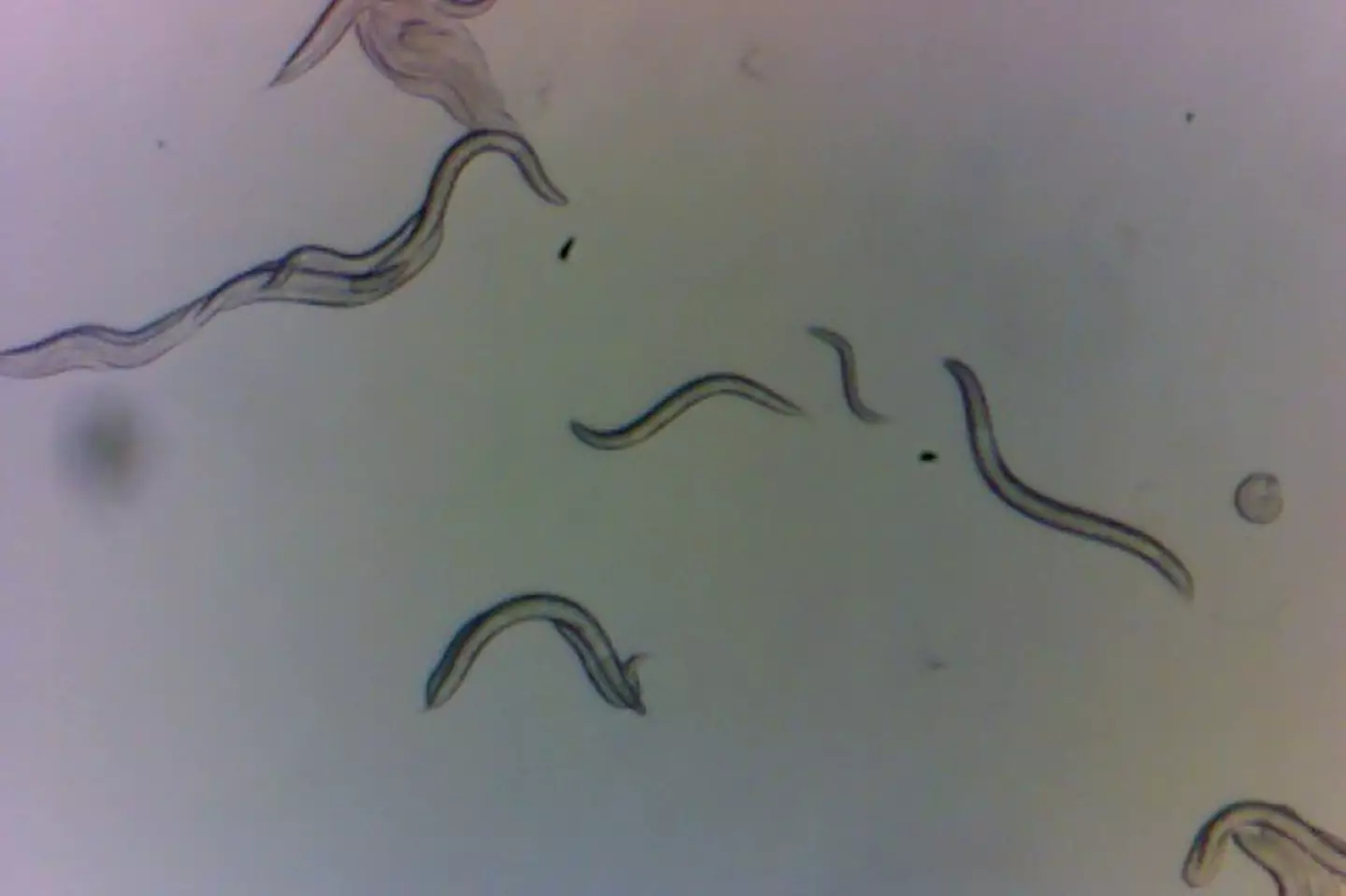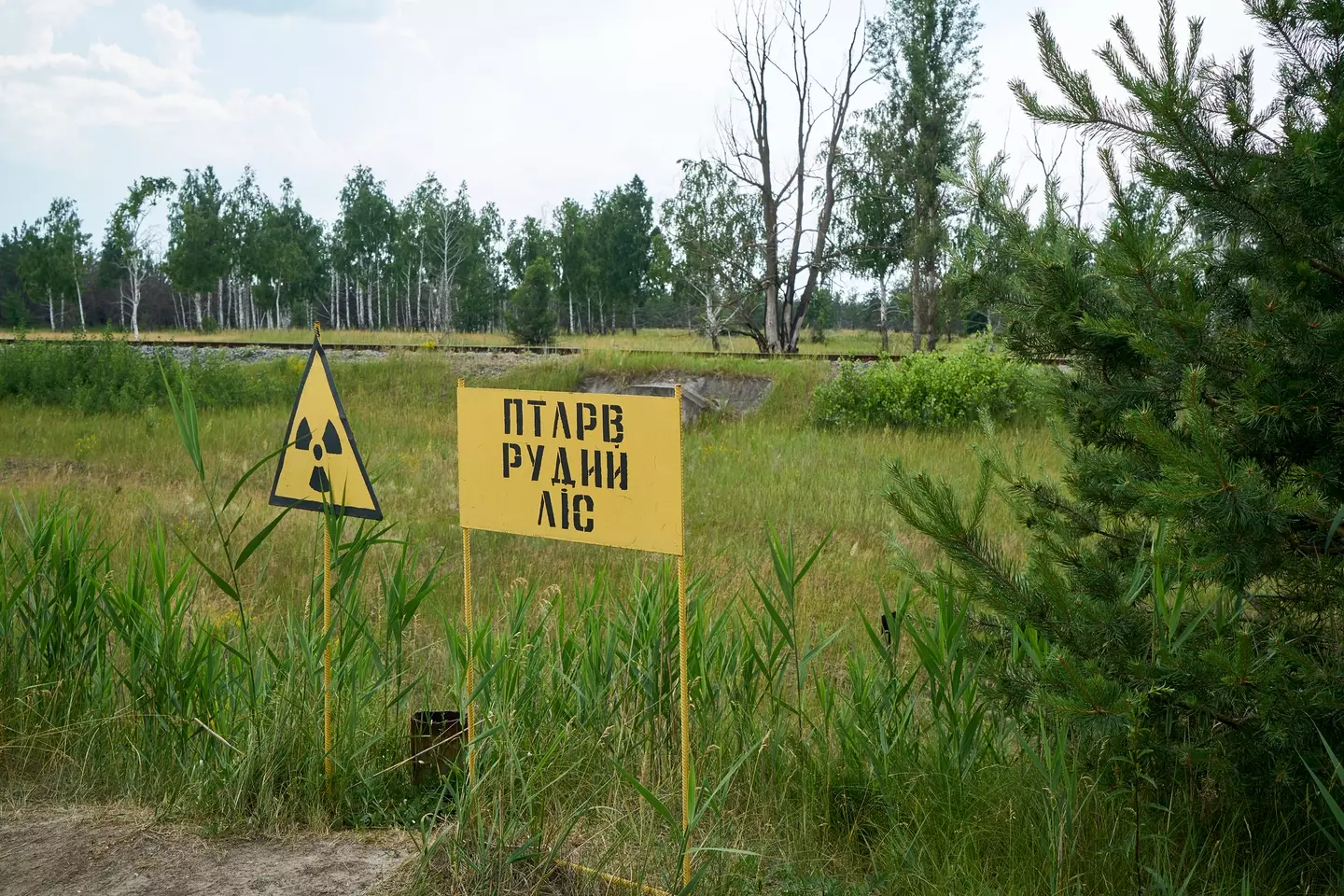
It sounds like something from countless movies and comic books - what if massive doses of radiation could radically mutate a species?
That's the question being looked into by real-life researchers who visited the Chernobyl Exclusion Zone, taking a closer look at nematodes there.
Nematodes are tiny (like, really tiny) worms that have extremely simple genetic makeups and are found pretty much everywhere on the planet.

Advert
A research team led by New York University published findings this week that suggest the nematodes in the Chernobyl area have indeed developed some interesting characteristics as a result of the famous nuclear disaster.
Unbelievably, despite generations of these worms being subjected to chronic radiation since the cataclysmic reactor meltdown in 1986, research suggests their genetic makeup has not been degraded or impacted.
This means their genomes were completely untouched, which cannot be said for other (generally larger) animal life that has been examined in the area since the disaster.
The study involved collecting worms from a variety of areas in the Exclusion Zone, mapping them against the differing levels of ambient radiation to see how this impacted on the worms.
The worms were then transported to a field laboratory where they were examined in a plethora of ways, including microscopically, and the researchers established that there were no signs of radiation damage on the nematodes' genomes.
This has quite a few interesting ramifications, but the paper's authors are keen to make sure no one gets the wrong end of the stick.

Sophia Tintori, a postdoctoral associate in the Department of Biology at NYU and the first author of the study, said: "This doesn't mean that Chornobyl is safe - it more likely means that nematodes are really resilient animals and can withstand extreme conditions. We also don’t know how long each of the worms we collected was in the Zone, so we can't be sure exactly what level of exposure each worm and its ancestors received over the past four decades."
If that all sounds a bit like it's interesting mostly from a worm's point of view, there are potentially key bits of data that the team will try to work toward where humans are concerned.
In particular, it centers on the idea that knowing more about how these simple organisms repair their genomes and DNA damage could help us to develop a similar level of understanding about our own equivalent systems.
Given the overlap between radiation therapy and cancer treatment, for example, there's clearly plenty of potentially valuable research to be done off the back of these findings.